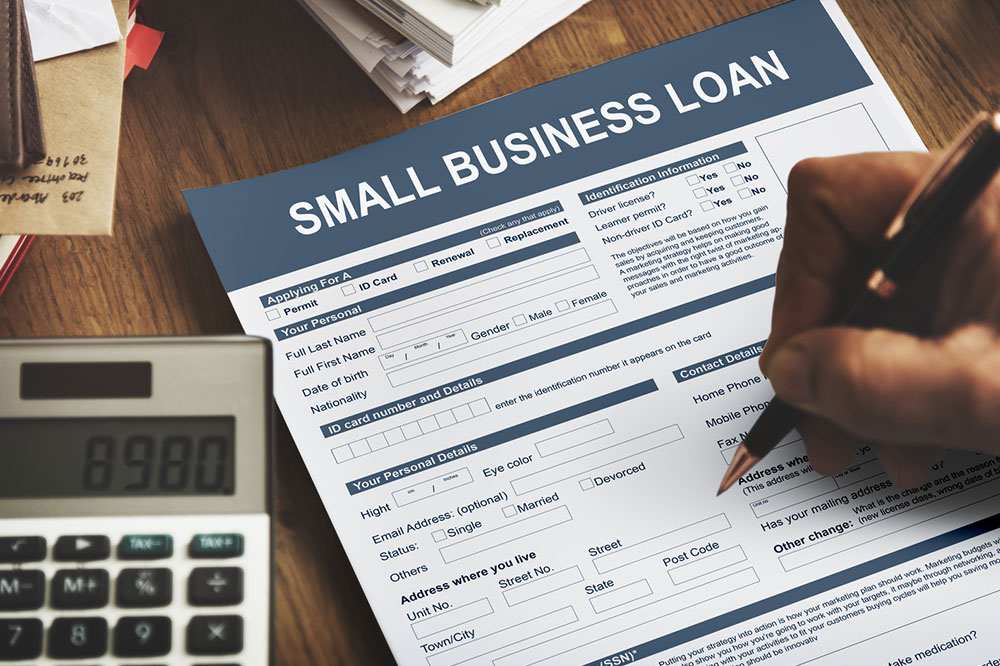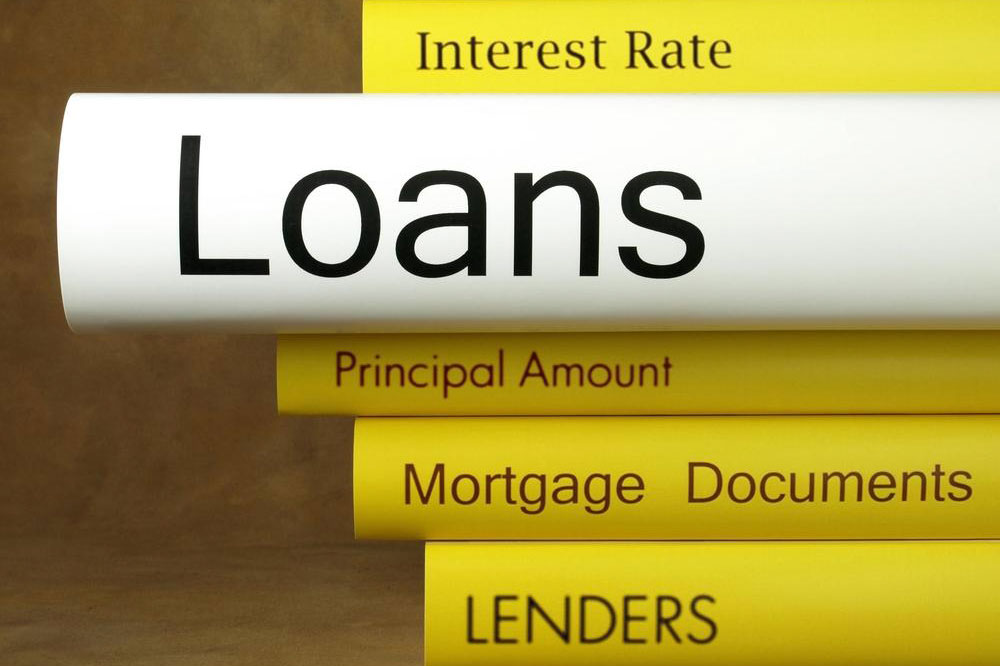How Small Businesses Benefit from SBA-Guaranteed Lending
Discover how SBA-backed loans can fuel small business growth by offering accessible funding with favorable terms. Learn about loan types, eligibility, and application processes to support your entrepreneurial success.

Securing funding is essential for small businesses aiming to grow and overcome financial hurdles, especially during challenging times. Government-backed loans provided by the Small Business Administration (SBA) offer crucial financial support, featuring favorable terms and accessible options. SBA loan programs are crafted to serve entrepreneurs, making capital more attainable and manageable. These loans help cover operational expenses, finance asset purchases, and support expansion, providing small businesses with the financial boost they need to succeed.
What are SBA loans?
SBA loans are financial products issued through approved lenders with a federal government guarantee, which lowers lender risk. This guarantee makes it easier for small businesses to secure funding, often with better terms than private loans.
SBA loans typically come with lower interest rates and flexible repayment options. Loan amounts range from $500 to $5.5 million, accommodating various business needs such as asset acquisition or operational costs.
Types of SBA Loans
Different SBA programs exist, including 7(a) loans, microloans, disaster assistance, and 504 loans. Each type is designed for specific purposes and eligibility criteria, catering to diverse funding requirements.
Reasons to Choose SBA Loans
The government guarantee reduces financial risk for lenders, enabling extended repayment terms and lower monthly payments. This flexibility makes SBA loans a valuable resource for small businesses, especially if traditional financing options have been exhausted.
Who Qualifies for SBA Loans?
Qualification standards include:
Owners must have invested their own capital
The business must operate within the United States
Other funding options should be considered first
The business should be profitable or have a plan for profitability
Eligibility assessments also consider income, ownership, and business location.How to Apply for an SBA Loan
Applications can be submitted via the official SBA website, which provides a detailed checklist of required documents. For faster processing, the SBA Express platform can be used if eligibility criteria are met. Many banks offering SBA loans also require careful comparison of terms before submission.


